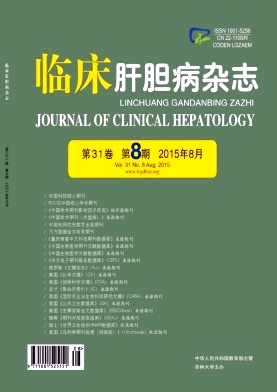Since age at hepatitis B virus( HBV) infection is a major risk factor associated with the chronicity of HBV,it is of great importance to evaluate the effect of immunoprophylaxis as early as possible in the mother- to- child transmission. This review focuses on HBV serologic and virologic markers in evaluating the effect of immunoprophylaxis in infants born to mother with positive HBV surface antigen( HBs Ag) and indicates that HBs Ag > 250 IU/ml,HBV DNA > 105 IU / ml at birth,HBV e antigen( HBe Ag) being continuously positive for one month,and HBVs antibody( anti- HBs) being negative( < 10 m IU / ml) at one month of age are good indicators of chronic HBV infection in infants. Additionally,several recent studies reported that some babies born to HBs Ag- positive mothers could have occult HBV infection( positive HBV DNA) despite their HBs Ag negativity after vaccination. Thus,in addition to the HBV serologic markers,HBV DNA should be detected when evaluating the effect of immunoprophylaxis in infants born to mother with positive HBs Ag,if conditions allow.







 DownLoad:
DownLoad: